I’ve written since I was a teenager. My father bought a word processor, and I was home alone. I’d get it out and write a story when I should have been doing homework. I read a lot as a kid. It’s something I’ve continued as I grew older. Books and writing always went hand-in-hand with me.
I see you write both horror and military thrillers. Tell us more about that. Do you approach those projects differently?
When it comes to thrillers, I write out a detailed outline, create a beat sheet, and follow both as close as possible. I allow for movement in the story, but the beat sheet and outline are necessary. It’s usually following different characters or checking in with them throughout the novel, so I have to allow some leeway for those scenes.
With horror, it’s all discovery. I’ve tried numerous times to create an outline or follow a beat sheet, but it never works. I don’t know why my brain won’t work that way, but it’s quite annoying.
Where did your love of horror come from?
I grew up in the 80s with all of those horror movies. As I said, I was home alone a lot, and because of that, I’d stay up late watching horror on HBO or Cinemax. Sometimes I'd find something out there, those were the fun nights. The movies never scared me as it should have. I found a fascination in them.
What about military thrillers? Where did your interest spark for those?
When I wasn’t home by myself, I read what my father read, which were the 80s military, political, and techno-thrillers. I read those books in 6th grade. Tom Clancy was always a writing idol of mine. I read Red Storm Rising, Patriot Games, Cardinal of the Kremlin, and others before I learned algebra. My reading skills were always more advanced than those around me, I think I owe that to my father pushing me to read more difficult books. Reading college-level books in elementary school did get some looks from teachers, though. I didn’t read my first horror story until I was in my teens. My father didn’t allow me to read those books. I had to read what he read. I think it stunted my reading a bit, but I've tried to catch up.
I saw in a Twitter post you mentioned you grew up near an airbase and had a fascination with military aircraft. How has that influenced your writing?
My father and most of my family worked at Hill Air Force Base in Utah during the 80s. We went to the base open house every year and watched the Air Force’s Air Demonstration Team, The Thunderbirds. I wanted to be a pilot for a long time, but I never had eyes for it. My father worked on aircraft, and growing up, everything about aircraft fascinated me. I made models of various aircraft growing up just to learn about them. It’s something I’ll be doing for the follow-up to Disunion.
Tell us about your new book, Disunion by Force.
Disunion came about because I wanted to see if I could write the kind of books I grew up with. It’s about a drone that goes missing and an ex-air force pilot, Jackson (Jax) Reed, who lost his wings and became an FBI agent. He’s called in to handle a case at the last place he worked, Creech Air Force base in Nevada. Creech is where most of the drones are flown from. They have little boxes that are no more than railcars, and they’ve modified them, and the drone pilots work out of them. Jax hates going back to where everything in his life collapsed. It’s a story about a guy who lost almost everything and comes to the other side to discover himself again. I did a lot of research on drones, where it's set, Virginia, DC, Las Vegas, and a bit of Utah. I had a lot of fun writing this one.
What are you working on now?
On the thriller side, I’ve started the beginnings of book two with Jax, and I have another story in that world that I’m playing around with. On the horror side, I’m working on extending a novella into a novel length. It’s fighting with me over it, but it’s moving along. I have a collection of travel horror stories I will do something with next year. There are two novellas I’ll be cleaning up and doing something within the next year. When I’m writing, it goes quickly. I get about 2,000 words daily, sometimes more, but 2k is my goal. I have so many things in my head that can’t always get them down.

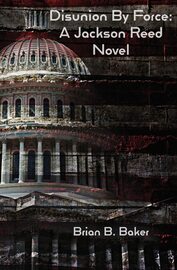
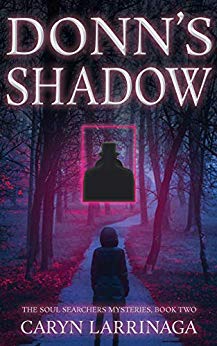
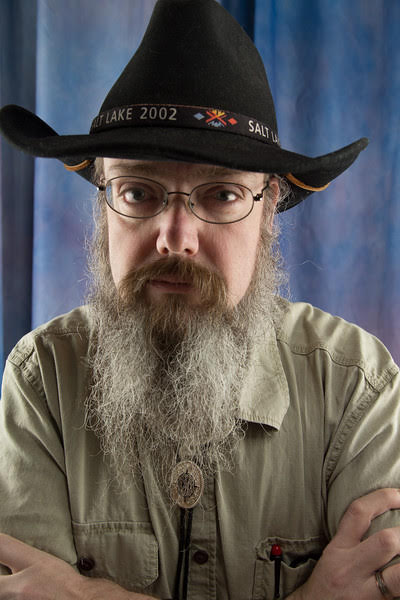
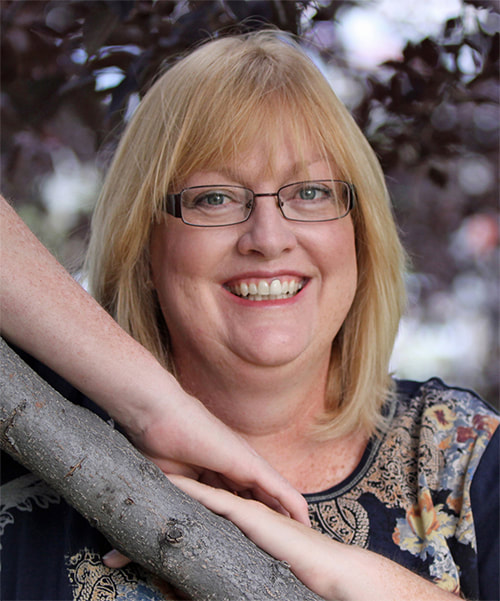
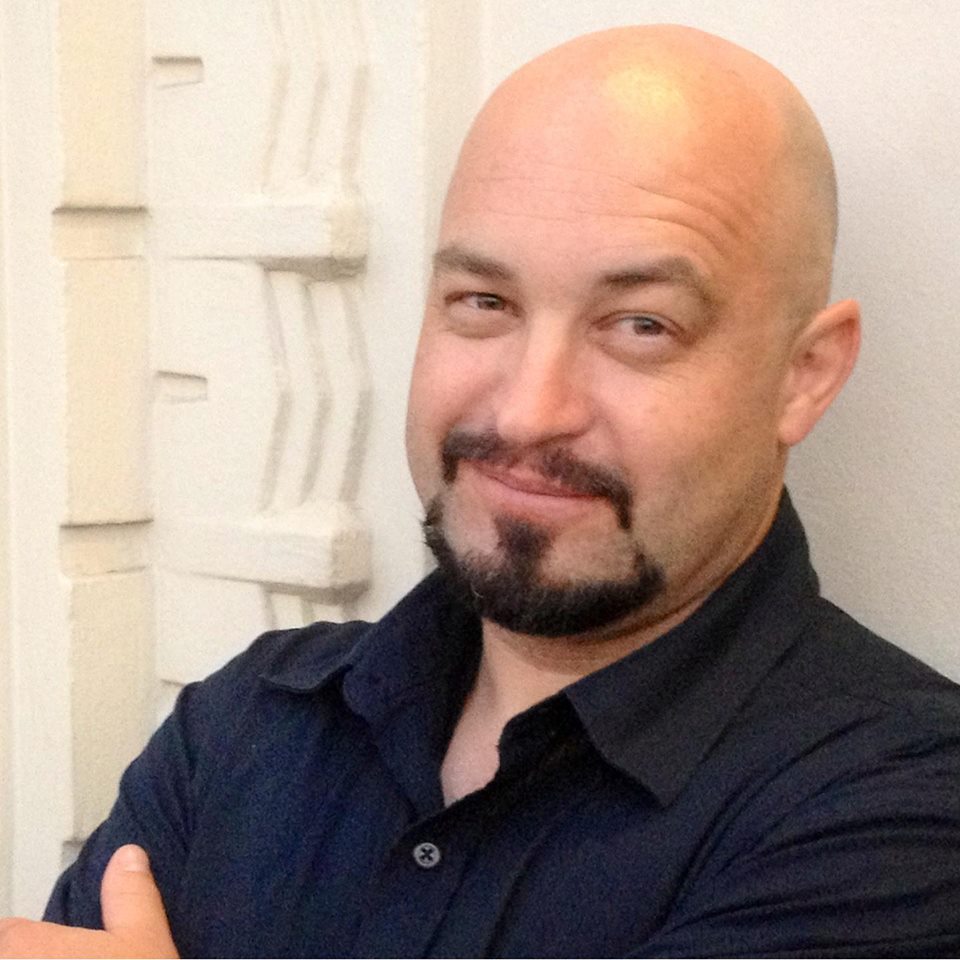
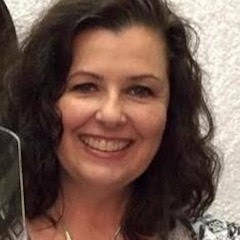

 RSS Feed
RSS Feed